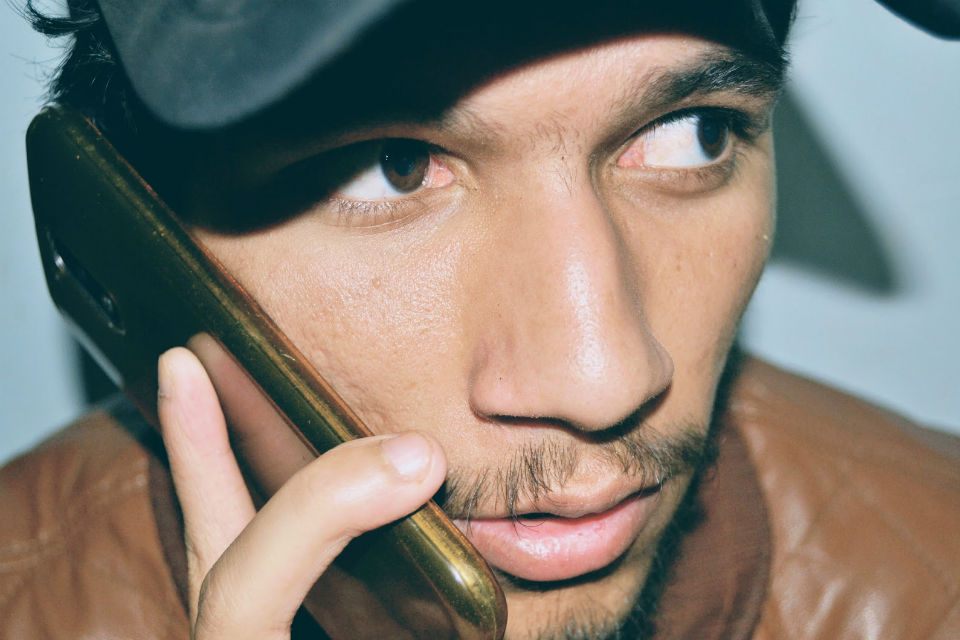
Should Vehicle Searches Based on Odor Be Allowed?
As cannabis legalization sweeps the nation, one legal question continues to spark debate:
Should the smell of marijuana still give police the right to search your car?
It’s a gray area with serious consequences, especially when legal cannabis, hemp, and CBD products smell just like their illegal counterparts. Let’s break down what this means for you and what the future might hold.
🚔 Why Does the Smell of Cannabis Matter in Traffic Stops?
The smell of marijuana has long been used as probable cause to search vehicles. But what exactly is “probable cause”?
It’s the legal standard that allows police to search if they believe there’s a good chance they’ll find evidence of a crime.
If an officer claims they smell cannabis, that alone is often enough to justify a search. This could lead to:
- Searches of your car and personal belongings.
- Legal trouble if drugs—legal or illegal—are found.
The Problem with Probable Cause in a Legal Cannabis World
Here’s where it gets tricky:
- Legal marijuana smells the same as illegal marijuana.
- Hemp and CBD products, which are federally legal, also carry that telltale cannabis scent.
- Officers can’t tell the difference just by smell—it requires a lab test.
So, if the smell of cannabis could come from something perfectly legal, should it still be enough to justify a search? That’s the debate.
🚨 Real-Life Example: When a Routine Stop Becomes a Legal Nightmare
Imagine this:
- You’re pulled over for a minor traffic issue, like a broken taillight.
- The officer claims to smell cannabis and searches your car.
- They find a bag of weed you bought legally—but maybe you’re in a state where it’s still restricted.
Now, you’re facing charges for something you thought was perfectly okay. This is happening more often as cannabis laws lag behind real-world use.
🌿 Hemp vs. Marijuana: Why Smell Alone Is Misleading
Did you know?
- Hemp, made legal in the U.S. through the 2018 Farm Bill, looks and smells exactly like marijuana.
- In Ohio, the 2019 “Hemp Bill” made hemp legal—but it created confusion for law enforcement.
Even trained officers can’t tell the difference by smell alone. Yet, many are still using that scent as a reason to conduct searches.
🏛 Are Ohio Courts Reconsidering Vehicle Searches Based on Smell?
While Ohio allows medical marijuana and legalized hemp, searches based on cannabis odor are still permitted. However, Ohio courts are increasingly scrutinizing these searches, especially in cases where legal cannabis or hemp was involved. For example, legal challenges have argued that hemp’s identical smell to marijuana makes odor an unreliable indicator of illegal activity.
💡 What Can You Do If This Happens to You?
If you’re pulled over and the officer uses the smell of cannabis as an excuse to search your car, here’s how to protect yourself:
-
Stay Calm and Polite.
Arguing on the roadside won’t help your case. -
Don’t Consent to a Search.
You have the right to refuse, though officers may still proceed if they claim probable cause. -
Take Note of Everything.
Record details about the stop and search. This information can be critical if you need to fight the charges. -
Contact an Attorney.
A skilled lawyer can challenge whether the search was lawful, especially if the smell came from a legal product.
🔥 Conculsion
1. Can police still search your car if it smells like weed?
In most states, including Ohio, yes—but some are rethinking this rule as cannabis legalization spreads.
2. Can legal CBD or hemp products lead to a search?
Yes, because they smell identical to marijuana.
3. Can you fight a vehicle search in court?
Absolutely. If the search was based on smell alone, and the substance was legal, you may have a strong case.
🚘 The Future of Probable Cause: What’s Next?
As cannabis laws continue to evolve, the legal system must catch up. The smell of marijuana no longer guarantees illegal activity—so why should it still justify a search?
While the rules remain inconsistent, one thing is clear:
If you’ve been charged with a crime after a search based on smell, you have options.


